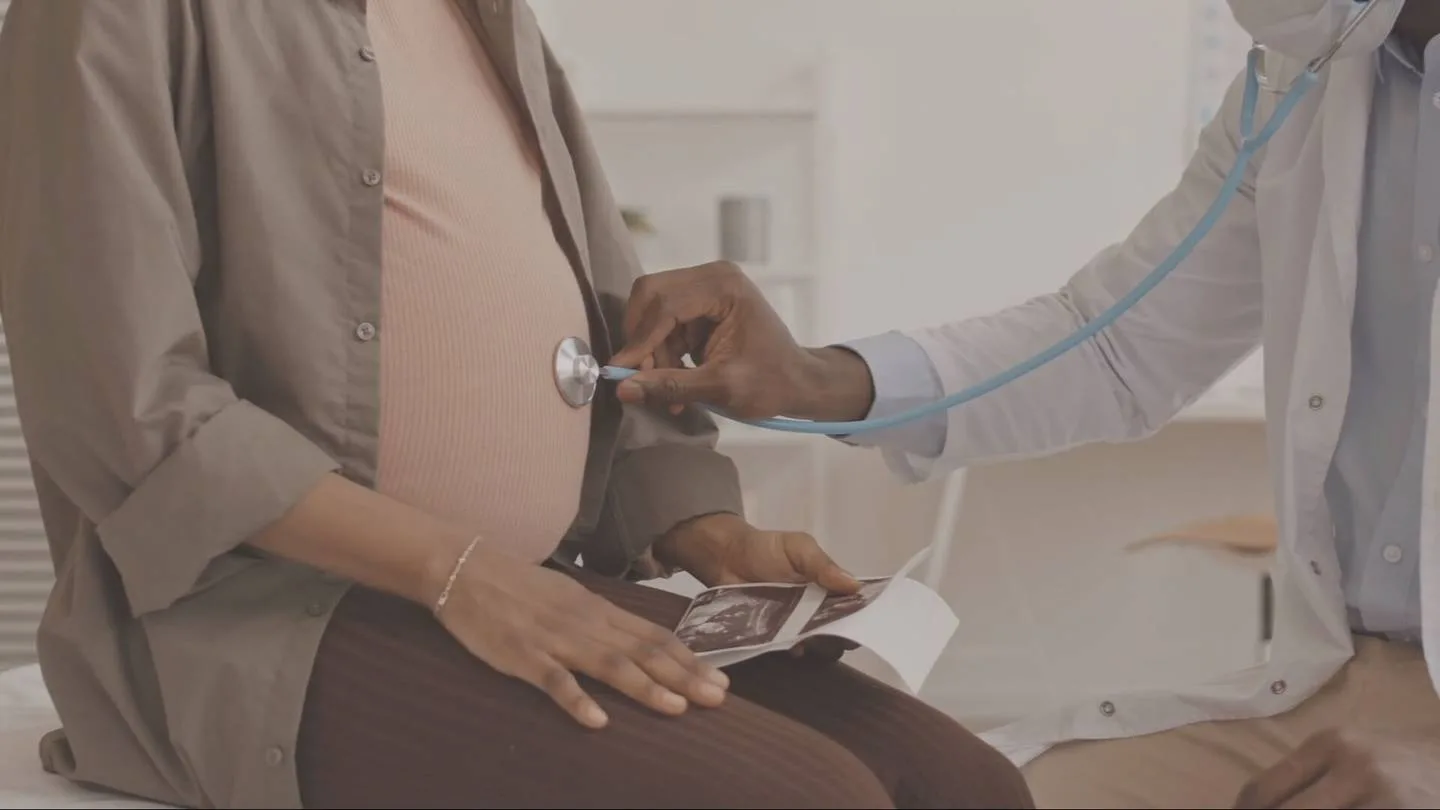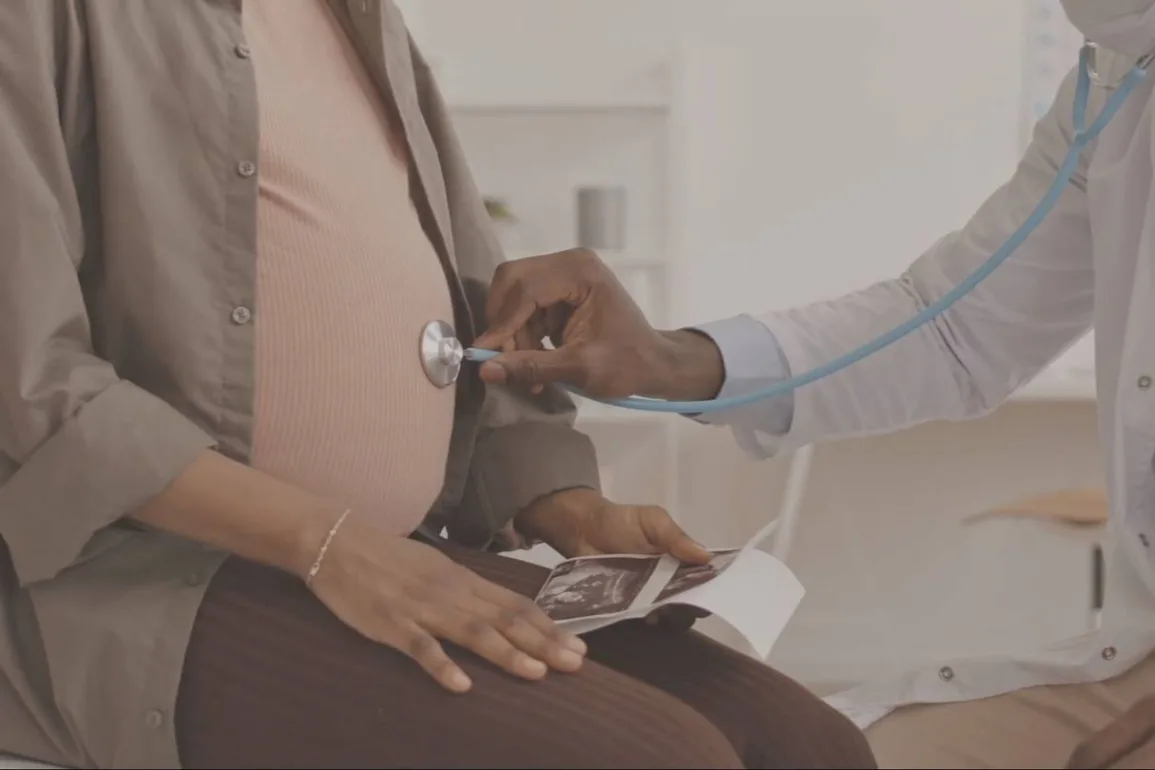
This week – April 11 to 17 – marks Black Maternal Health Week, a national campaign to raise awareness about the risks Black and other minority women face navigating pregnancy.
KIRO 7 spoke to a doctor and explained why some women are still not getting adequate care.
Dr. Nicole Saint Clair is the Executive Medical Director for Regence Blue Shield of Washington, and she says the problem persists even though we are firmly in an era of modern medicine in 2024. ” It’s so frustrating because this is an issue that is continuing to worsen.”
She says awareness around Black maternal health needed a movement and got one in 2018 with the formation of the Black Mamas Matter Alliance.
In 2018, alarming statistics were revealed about Black maternal health outcomes by the CDC.
The issue helped create the group, and while the group has worked hard and awareness has improved, care hasn’t necessarily followed. According to St Clair, “We’re still seeing maternal complications, severe complications, and maternal deaths.”
According to the Commonwealth Fund, the US has some of the worst maternal and infant health outcomes among high-income countries.
Those complications are often higher among Black women who are more likely to experience medical complications during pregnancy – conditions like hypertension can often complicate a pregnancy. There are also emotional disorders such as depression, anxiety, and PTSD.
St. Clair says women need to take note of the trends. “Knowledge is power and for individuals to also be aware of their own risk factors is really important.”
She says pregnant moms’ advocacy is key and that they should speak up about health concerns. She also believes trained professionals like Doulas could help.
CBS News and Philadelphia’s CBS affiliate KYW recently profiled the issue of how Doulas can and are trying to bridge gaps in care.
A nonprofit program in Trenton, New Jersey, stresses the importance of bilingual Doulas for expecting moms.
Dr. St. Clair admits anyone who can help patients speak up in the current environment, whether it’s a Doula, a friend, or a family member, is valuable. “It’s ok to be vocal and say I need more information.”
According to a Blue Cross Blue Shield of America report from 2022, severe maternal morbidity rates rose 9% for all groups from 2018-20.
Those rates were higher among Black, Latina, and Asian women. Dr. St. Clair says it’s a national problem and a Washington problem. “When we look at our own stats in Washington, women of color, in general, have worse outcomes, and specifically Black women, native Hawaiian and native American women have significantly worse outcomes than white women in Washington.”
According to the Washington Department of Health, 80% of pregnancy-related deaths in Washington were preventable, and the rate of all pregnancy-associated deaths for Black people and Native Hawaiian and Pacific Islanders was more than 2.5 times the corresponding rate for white people.
Dr. St. Clair recommends routine health checks *going into pregnancy* like blood pressure and screening for common conditions, along with noting any mental health concerns. “We have to understand that there are significant problems that can arise. I think each woman should prepare themselves prior to pregnancy (by) understanding what her baseline health is (and) what her risks are.”
©2024 Cox Media Group



